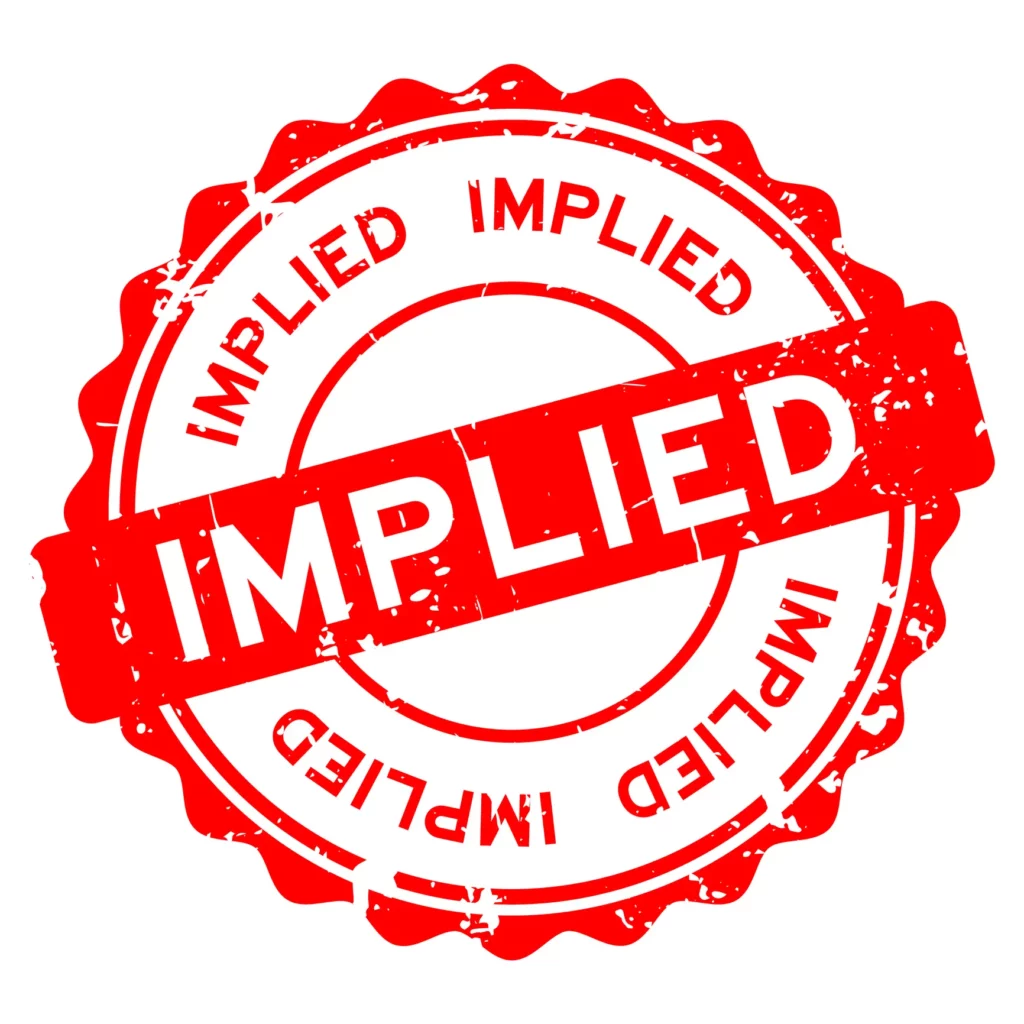
Imply: To “imply” is to suggest or indicate something indirectly without explicitly stating it. When someone implies something, they hint at a concept or idea without directly stating it.
Infer: On the other hand, to “infer” is to deduce or conclude something based on evidence or reasoning. When someone infers, they draw a conclusion or understanding from information that is not explicitly stated.
Example Scenarios:
Let’s delve deeper into these concepts with some illustrative examples:
- Imply: Imagine a scenario where a friend cancels plans last minute without providing a reason. They might imply that they have a prior commitment or feel unwell without explicitly stating it. For instance, they might say, “I’m sorry, I won’t be able to make it tonight.” The implication is that something has come up, preventing them from attending.
- Infer: Suppose you receive an email from your boss saying, “Your presentation was well-received. We’ll discuss next steps in our meeting tomorrow.” From this message, you may infer that your presentation was successful and that there may be further opportunities or feedback to discuss in the upcoming meeting.
Practical Applications:
Understanding the difference between imply and infer is not just about grammatical correctness; it’s about effective communication:
- Writing: When crafting written communication, clarity is key. Choosing the appropriate word ensures that your intended message is conveyed accurately. For instance, authors must ensure that their writing implies the themes or messages they wish to convey, while readers must effectively infer the underlying meanings from the text.
- Conversations: In verbal communication, recognizing when someone implies something allows for more nuanced understanding. Similarly, inferring implications from what others say can help navigate complex social interactions and decipher underlying meanings.





